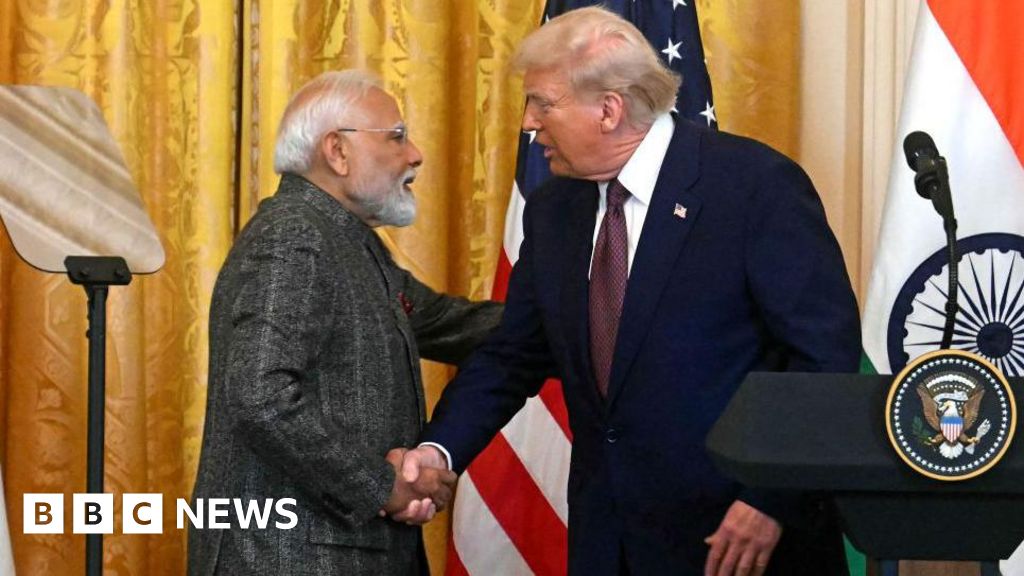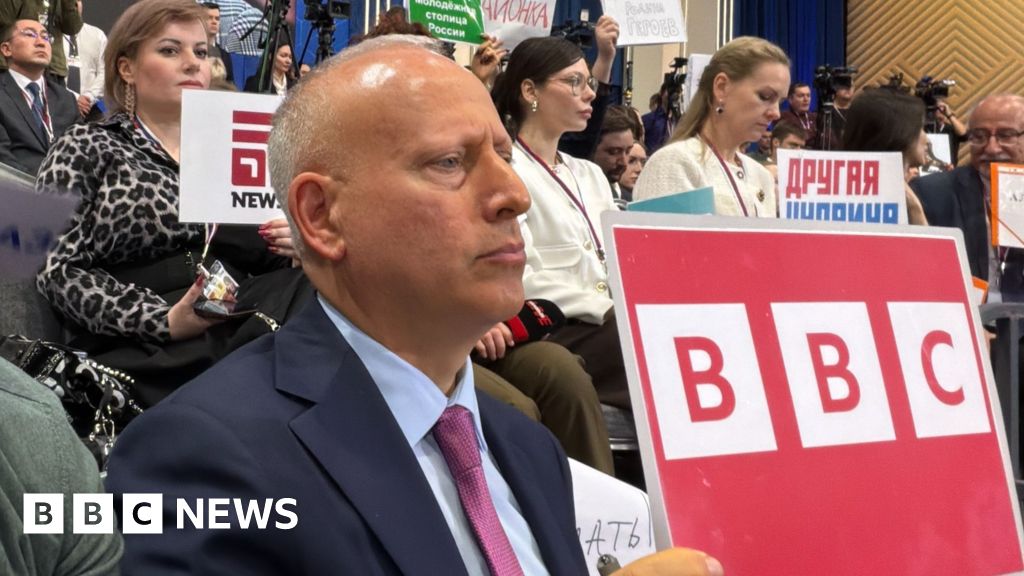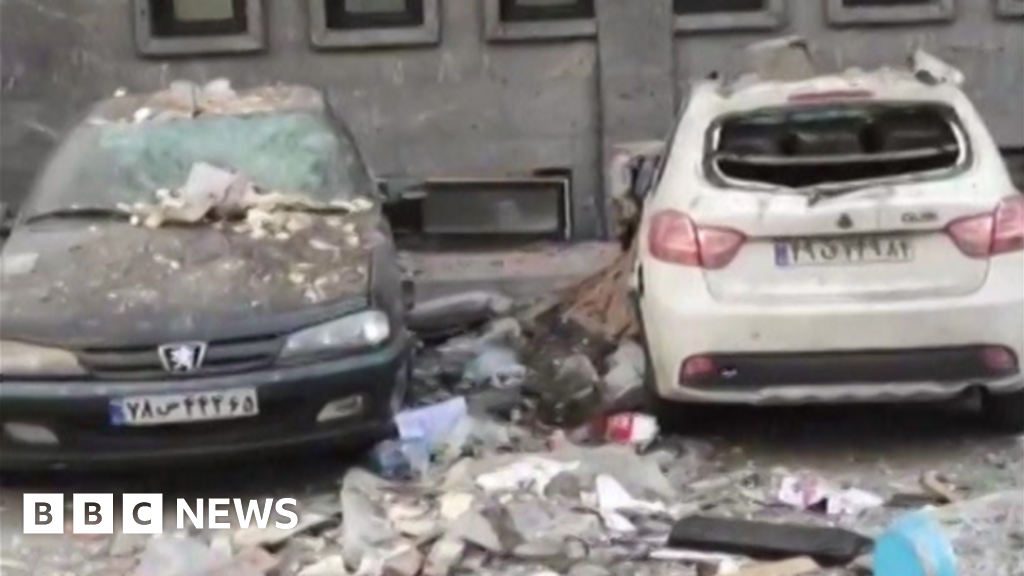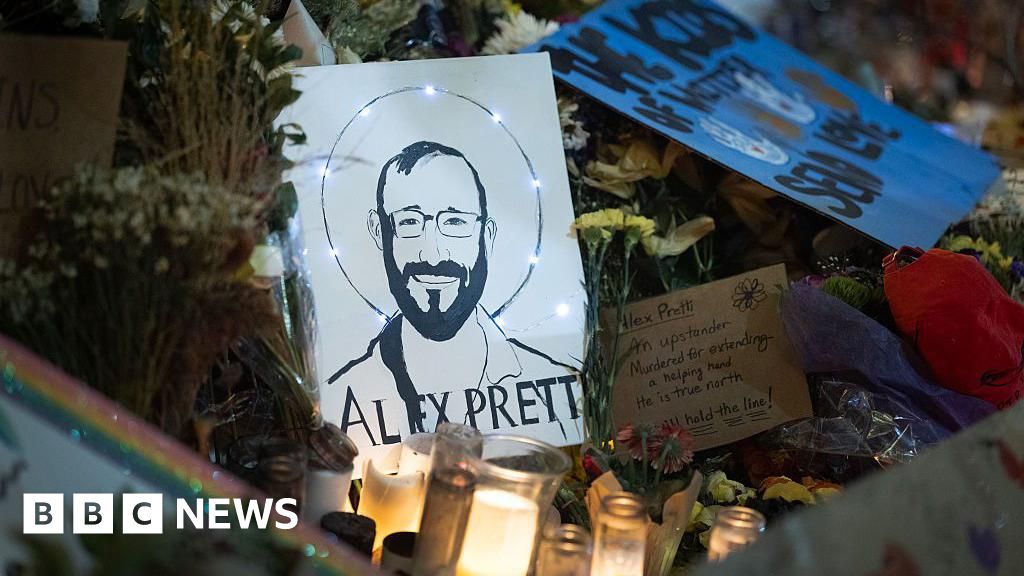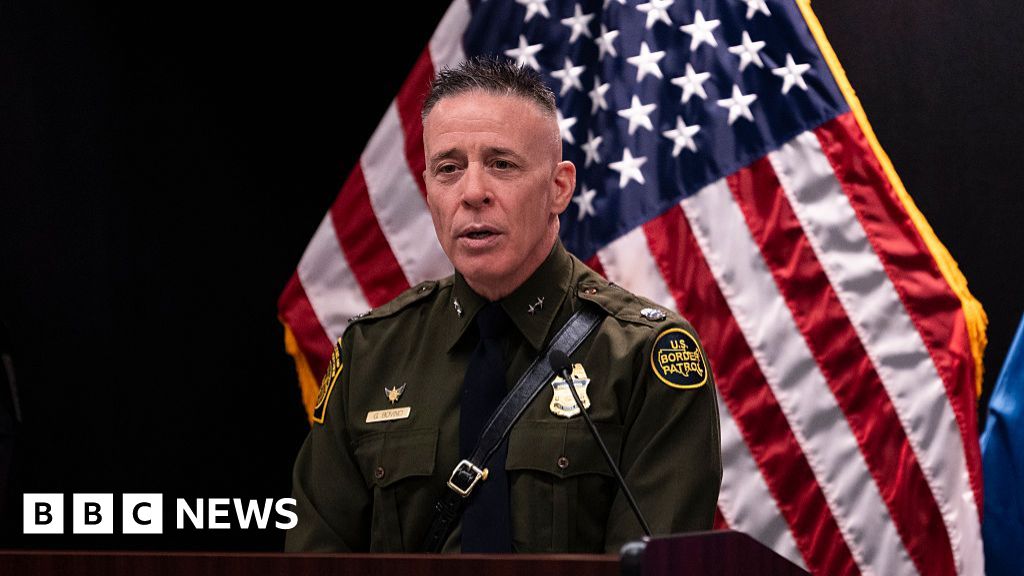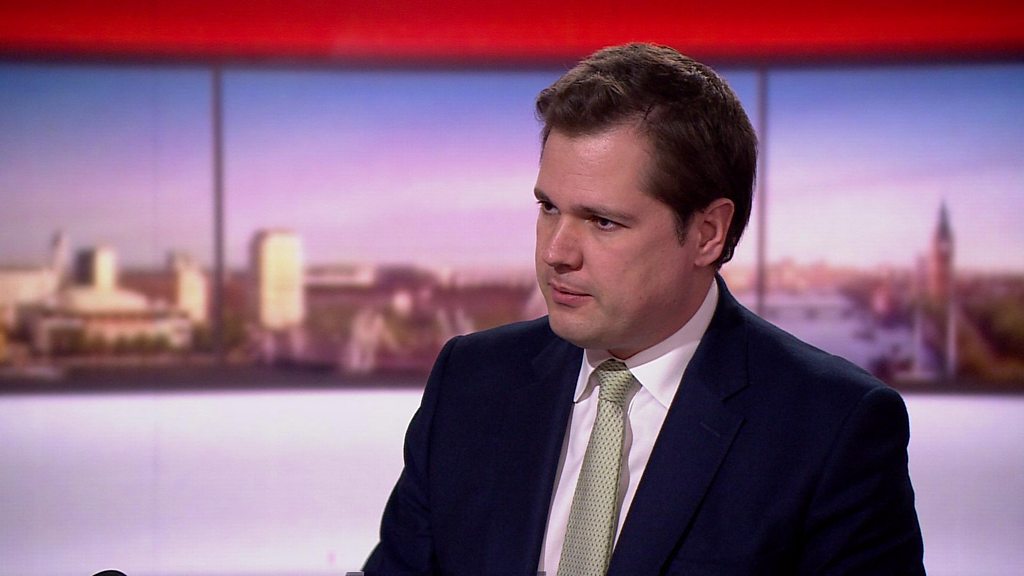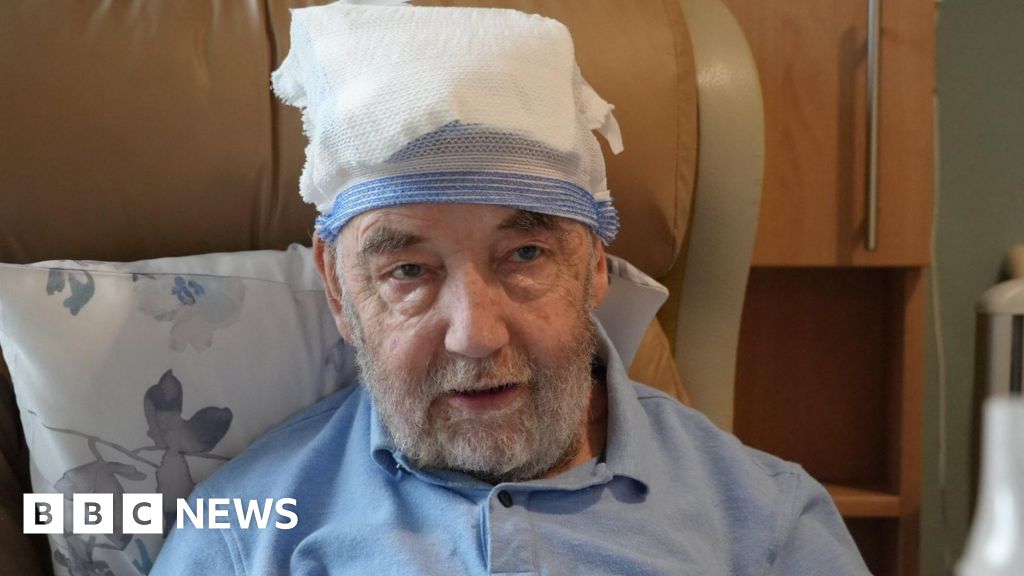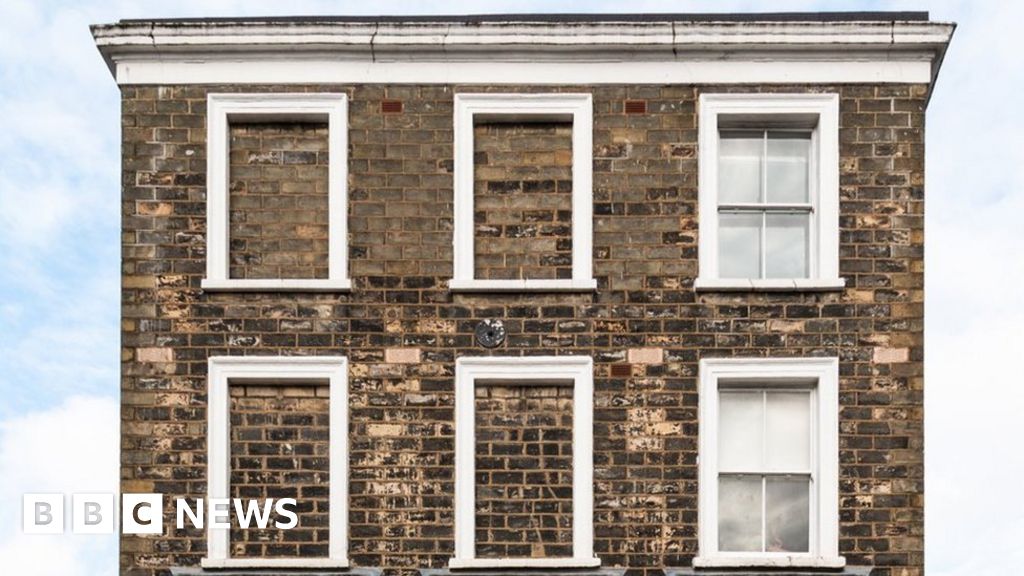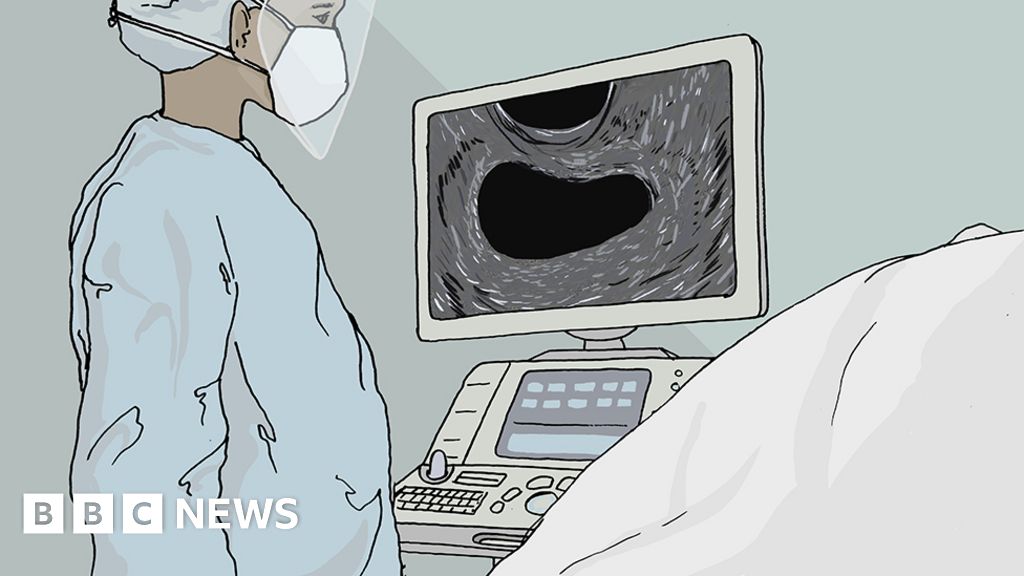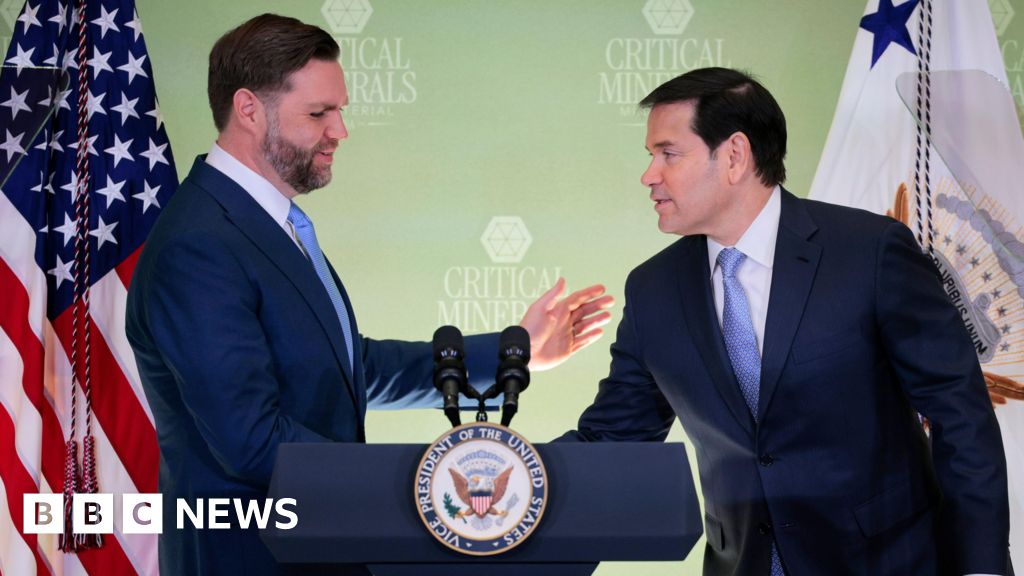Media playback is unsupported on your device
Communities Secretary Robert Jenrick has defended the government’s change in messaging from “stay at home” to “stay alert” ahead of Prime Minister Boris Johnson’s lockdown speech later.
The PM is to unveil a new slogan for England, telling the public to “stay alert, control the virus, save lives”.
Shadow health secretary Jonathan Ashworth warned that people would be “puzzled” by the change.
Mr Jenrick said it was the right time to “update and broaden” the message.
The “stay at home” advice will remain in place in Scotland, Wales and Northern Ireland.
Appearing on the BBC’s Andrew Marr Show, Mr Jenrick said: “Stay alert will mean stay alert by staying home as much as possible, but stay alert when you do go out by maintaining social distancing, washing your hands, respecting others in the workplace and the other settings that you’ll go to.”
Earlier in the show, Mr Ashworth said the government must clarify what the new slogan means.
“When you’re dealing with a public health crisis of this nature you need absolute clarity from government about what the advice is. There is no room for nuance,” he said.
“The problem with the new message is that many people will be puzzled by it,” he added.
Mr Jenrick said the updated message was a “cautious” one because the rate of infection remains high and the public are “understandably anxious”.
He dismissed Mr Ashworth’s concerns about nuance being unacceptable, saying: “The public are capable of understanding a broader message as we move into the next phase of the virus.”
The Liberal Democrats’ acting leader Sir Ed Davey said changing the slogan “makes the police’s job near-impossible and may cause considerable alarm” as he urged the government to publish the evidence that has informed the new strategy.
The UK government’s new slogan is part of moving into the next phase of the response to coronavirus.
Staying at home where possible will remain part of the strategy, but ministers want to “broaden the message”.
Some are worried the new campaign is ambiguous and muddies the water.
In Wales and Scotland, the devolved governments who control health have made clear they will keep the original slogan – stay at home, protect the NHS, save lives.
So from tomorrow, messaging will be different in different parts of the UK. And I understand there are real concerns in the Scottish government about how people will react – and fears it will be harder to get them to follow their advice to stay at home unless essential.
The prime minister will provide an update on coronavirus lockdown measures at 19:00 BST. First Minister Nicola Sturgeon said she will continue to use the “stay at home” message in Scotland.
Meanwhile, the government’s pandemic response has been called “wishy-washy” by a body representing police officers in London.
It comes after a police force in east London shared an image of a crowded park in Hackney on Saturday, where hundreds of people, they said, were eating and drinking alcohol.
Ken Marsh, from the Metropolitan Police Federation (MPF), told BBC Radio 4’s Today programme that authorities “needed to be firmer right from the beginning” and that if authorities had been more stringent from the outset “we would have a better result now”.
Image copyright
PA Media
Police officers patrol Greenwich Park, in London, on Saturday.
How can I follow the PM’s speech?
Boris Johnson’s national address will be broadcast across BBC News at 19:00 BST.
Ways to follow our coverage include:
- Watch on BBC One, BBC Scotland or BBC News Channel
- Listen on Radio 4 or Radio 5 Live. Some of our local radio stations will also air analysis and reaction
- Read our online coverage on the BBC News website or on the app (download for Apple devices here, and for Android products here)
In his address later, the PM is expected to announce the launch of an alert system for tracking coronavirus in England and set out measures for how lockdown might be eased.
The lockdown has already been extended for another three weeks in Scotland, Wales and Northern Ireland to 28 May.
The threat level system will apply to England only but the government is working with the devolved administrations as they develop their own.
It is understood the system – with alerts ranging from green (level one) to red (level five) – will be similar to the one used to keep the public informed about the terror threat level.
Mr Johnson is expected to say England is currently at stage four but moving towards stage three.


